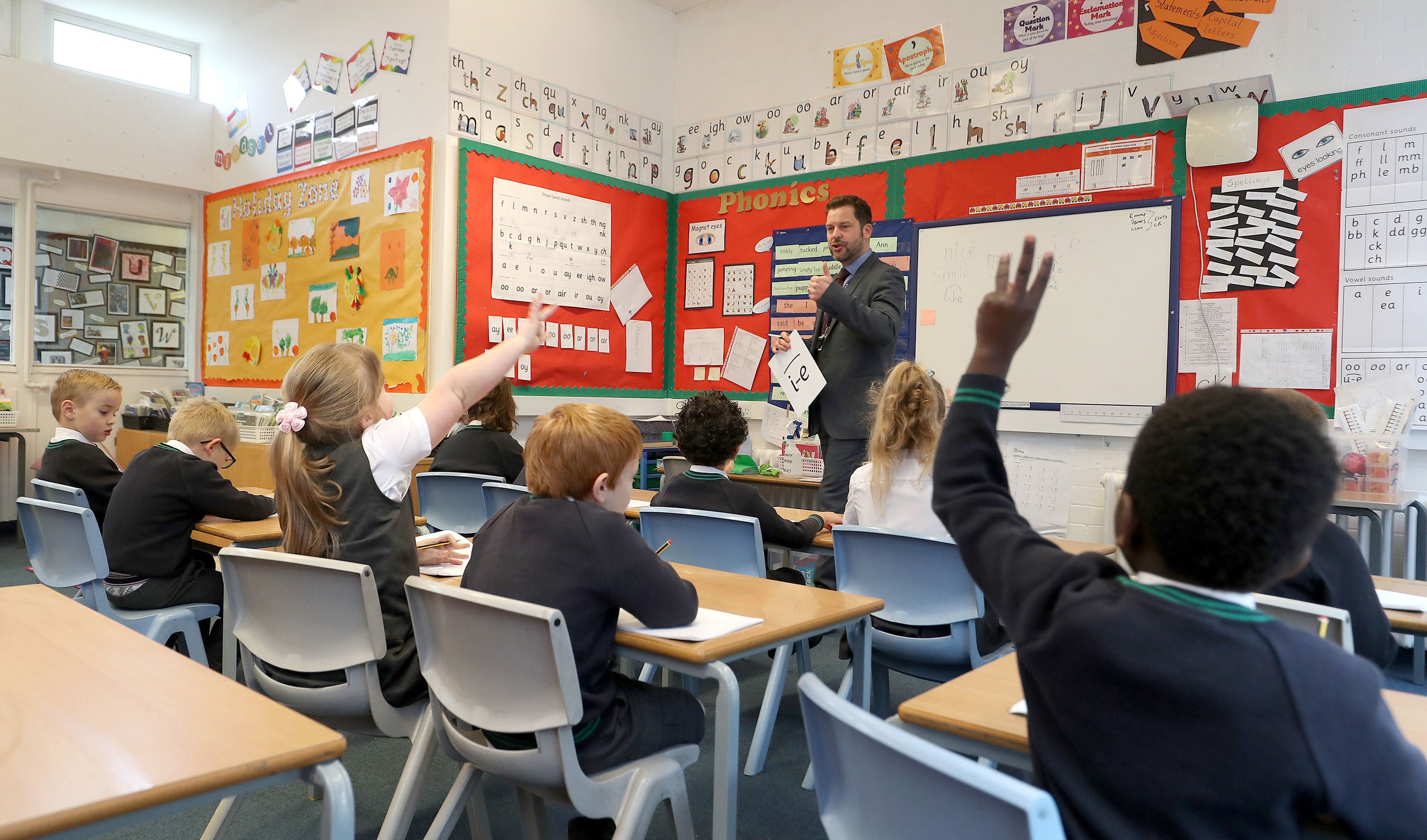Want a working class prime minister? Then teach Latin to all students – not just the privileged few
Private schools recognise there is an important purpose in teaching Latin at a young age, says Salma Shah. And state education would do well to learn from that model


Even though it belongs to an elite, I have never thought of Latin as an elitist subject. The first time I ever came across any Latin was on a primary school trip to the Blackburn Rovers football ground, Ewood Park. The club’s motto, which we eight-year-olds mistook for French, is “Arte et Labore” (“By Skill and Labour”), a phrase well-suited to the working-class roots to which this and all football clubs belong.
Elite or not, most of us can get through life without any need for a qualification in a long-dead language, begging the question why 49 per cent of private schools still teach it compared to 3 per cent of state schools? Do posh people need it so they can translate the words on their family crests? A good motto surely couldn’t be written in a modern European language? Or perhaps the privileged have enough money to be wasteful with education?
Private schools are in fact quite efficient. They have recognised there is an important purpose in teaching Latin at a young age. As the governor of a small church school in Westminster, I have seen the positive, real-world benefits a Latin programme can have on a school. Year 6 pupils have scored (in Key Stage Two National Assessments/Sats) above the national average every year in grammar, punctuation and spelling tests.
When the children from St Barnabas in Pimlico go onto “big school”, this grounding in the meta language of Latin will help them with modern European languages. Our school’s classes are run by an external organisation, the Latin programme, partly funded by the school and partly through donations, the way they teach is endlessly engaging, no verb chanting or tedious translations, but through activities like singing the pupils build a sense of Roman history and through that master vocabulary and grammar.
This is an education that is practically worth paying for. And here is the importance of taking these small steps towards equalising state education with the provisions available in the private realm. If we want to see a situation where children can get on because of hard work and talent, and not just how much money their parent’s can throw at a school, a good starting point is replicating where private schools are successful and borrowing that model.
This does not have to come at a cost to core subjects like English, maths and science. The Department for Education’s pilot scheme is only being rolled out to 40 schools. The Latin Excellancy Programme is therefore limited and is trying to achieve a goal of getting more pupils to take it up at GCSE. It’s a start but by no means a revolution.
This simply offers opportunities to some pupils who never thought they might have a chance to pursue life in certain academic fields or perhaps even go on to read Classics and one day end up as prime minister? Why shouldn’t the occupant of No 10 be just as likely to come from a state school background as not?
If that’s the case, then perhaps the long-held dream that state schools can compete with private schools, and parents will think twice before reaching for their cheque books to make educational choices for their children, isn’t totally ridiculous? We’re of course a very long way off from that. Naturally, people aren’t just buying an education but social status and self-importance when purchasing a place at a prestigious public school. However, small steps like this do help those whose bank balances don’t stretch that far make a difference to their academic prospects.
Join our commenting forum
Join thought-provoking conversations, follow other Independent readers and see their replies
Comments
Bookmark popover
Removed from bookmarks